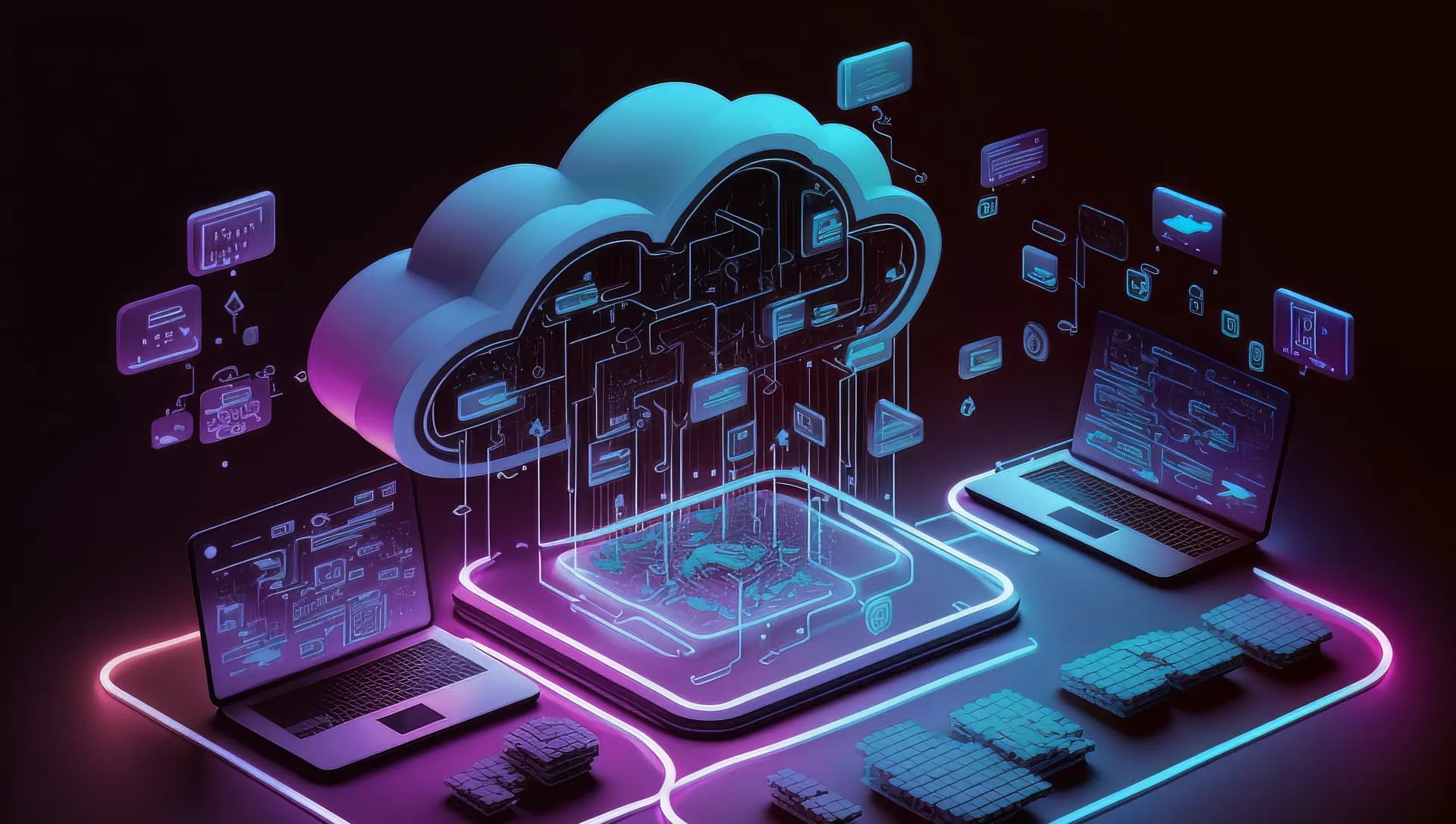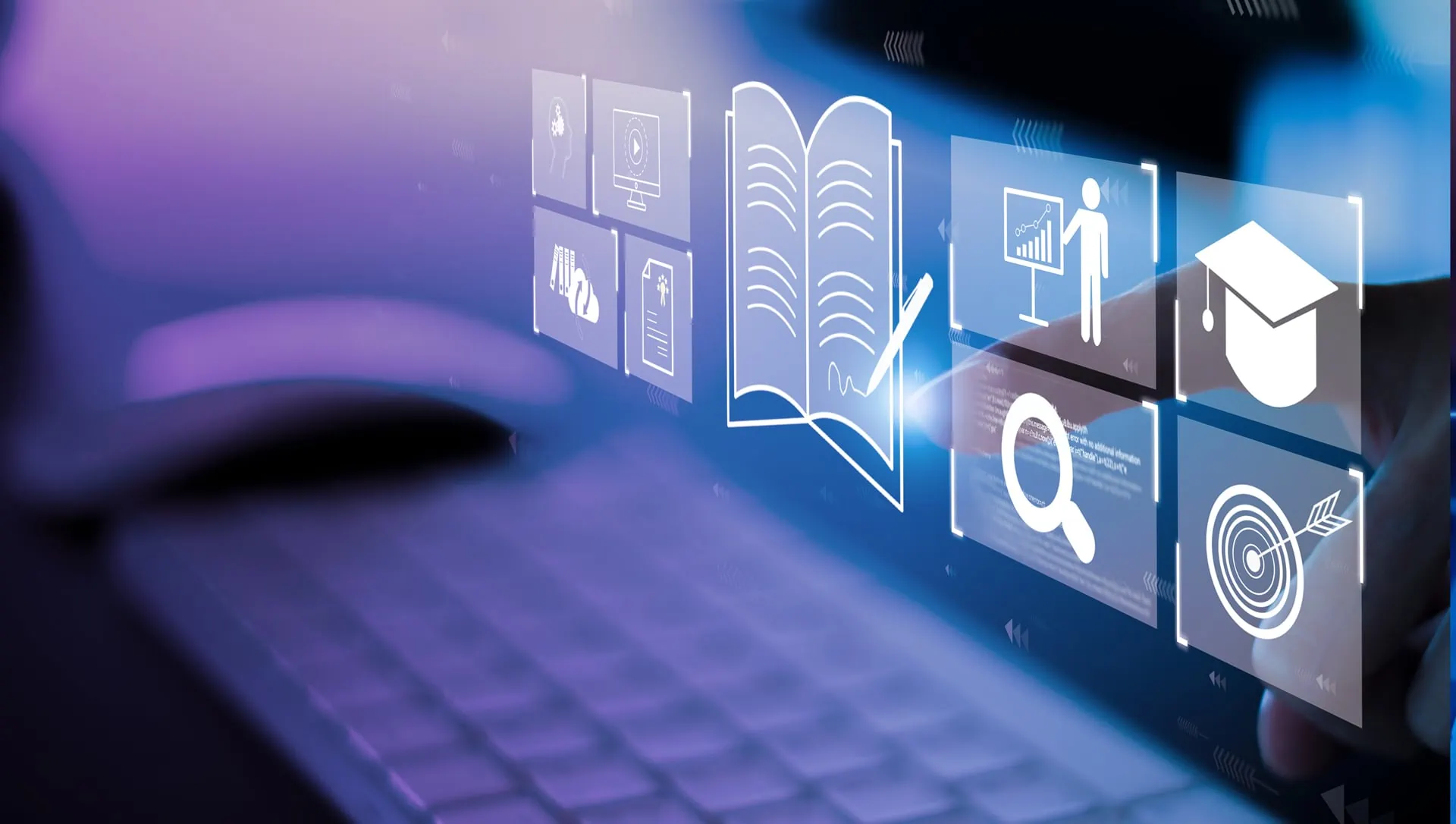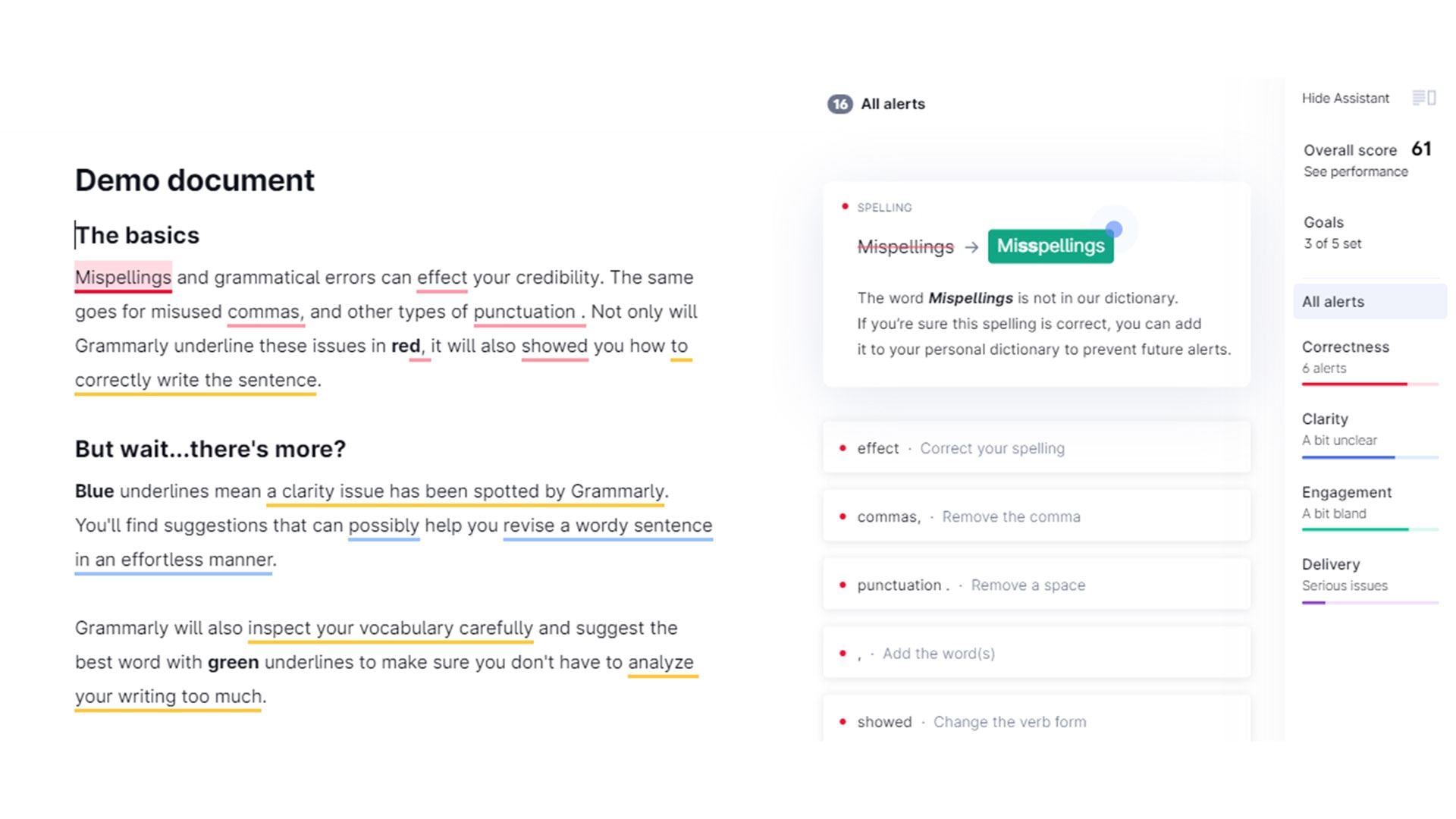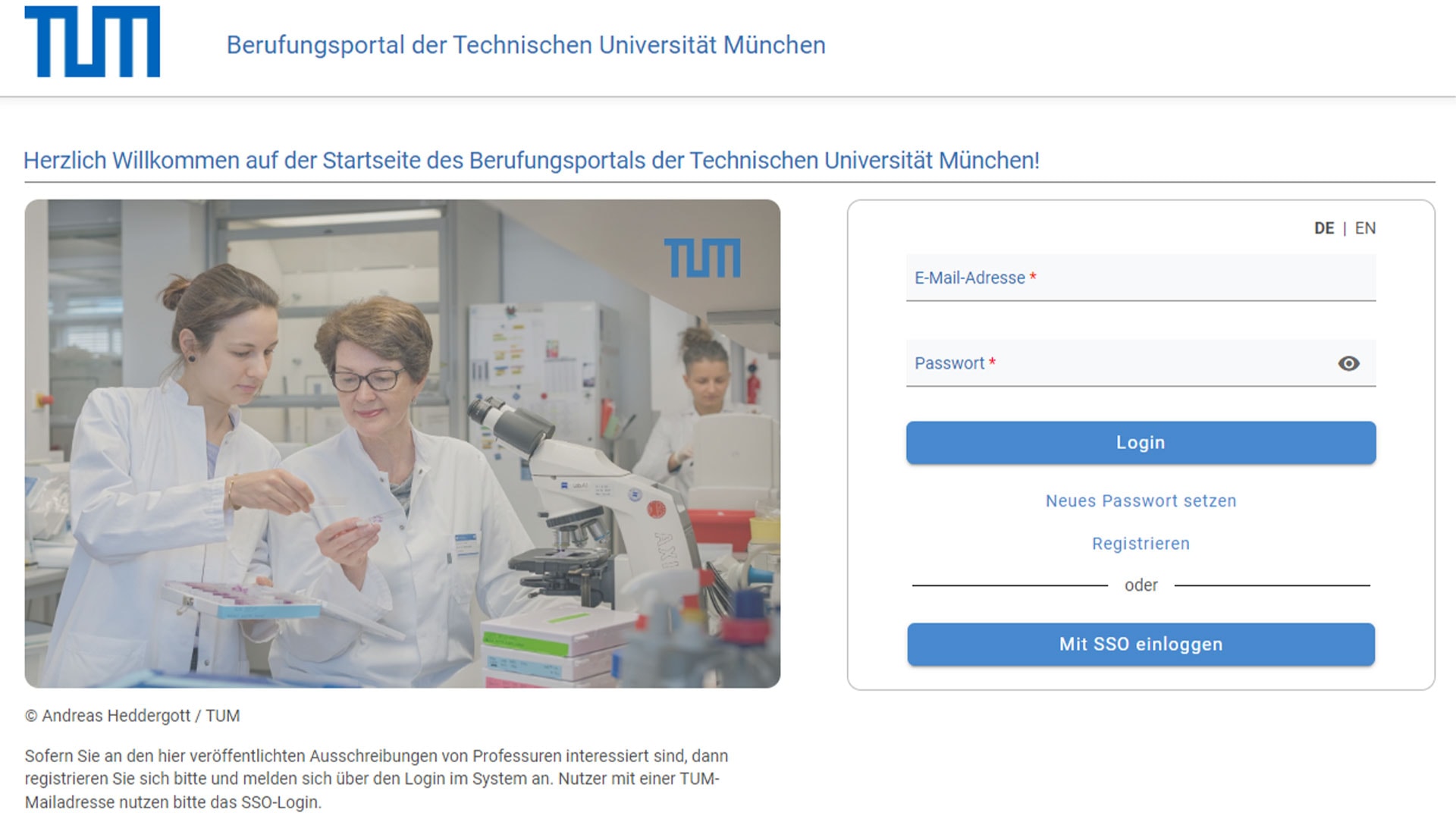Teaching and Learning
Enhancing the Digital Learning Ecosystem
Open Source and OER
We prioritize using Open-Source solutions and Open Educational Resources (OER), underlining our commitment to innovation and accessibility. As a part of this initiative, our Learning Management System (LMS) Moodle will serve as a cornerstone, connecting all digital approaches and software used in teaching.
Support and Development
We aim to provide comprehensive training programs and resources. This approach supports the continuous enhancement of our digital systems and empowers our community to leverage these tools effectively.
Legal and Privacy Considerations
We are committed to ensuring legal copyright and data protection certainty. This assurance, especially vital in the context of emerging tools, safeguards our digital learning environment, fostering a secure and trusted space for teaching and learning.
Accessibility and Inclusion
Our strategy is built around the principles of accessibility and inclusion. We design our digital platforms with the diverse needs of our users in mind, ensuring equal access and opportunity for all.
We implement an IT strategy that empowers each member of our university’s academic community to actively contribute to the digital transformation of teaching and learning. Together, we will enhance our digital infrastructure, leverage technology to diversify teaching practices, utilize data analytics for personalized learning experiences, and integrate innovative technologies for adaptable and robust assessment methods.


Dr.-Ing. Alexander Braun
Evolving Teaching: On-Campus, Hybrid, and Online
Embracing Blended Learning
We believe in the transformative power of blended learning. Utilizing digital technologies to link synchronous and asynchronous learning phases, we support dynamic learning experiences that cater to diverse learner needs and preferences.
Integrated Technology
We strive for seamless technology integration in blended learning. By leveraging high-quality hardware and flexible EdTech tools such as Zoom for video conferencing, we create an adaptable learning environment that thrives in on-campus, hybrid, and online settings.
Balancing EdTech Autonomy and Centralized Provision
We uphold the principle of technological autonomy, fostering innovation by encouraging the use of new tools and self-programmed solutions in our educational landscape. We commit to the centralized provision of frequently used EdTech tools across TUM, ensuring their extensive availability without stifling ingenuity and progress.
Optimizing Learning: Personalized and Engaging
Learning Analytics
Our strategy involves leveraging Learning Analytics to inform personalized learning paths and broad-scale course improvements. This data-driven approach allows us to tailor teaching strategies and enhance educational outcomes at individual and group levels.
Fostering Active Learning in Digital Learning Spaces
We aspire to cultivate an active learning culture enriched by innovative digital learning spaces. By leveraging digital interaction and collaboration opportunities, we aim to create vibrant and engaging environments that promote profound understanding, mirror the dynamics of physical classrooms, and provide flexibility.
Innovative Technologies
Our strategy encourages exploring and incorporating innovative technologies, such as Extended Reality (XR) and Artificial Intelligence (AI). These technologies significantly enhance formative assessments, providing real-time, detailed feedback and transforming student learning paths.
Innovating Assessments
Innovative Technologies
We advocate a Bring Your Own Device (BYOD) approach for digital examinations, aligning with the digital habits of our learners and leveraging the familiarity of personal devices to reduce examination stress. By leveraging BYOD’s scalable and adaptable nature, we seamlessly incorporate students’ familiar academic tools into assessments.
Online Testing
We commit to incorporating online examinations for aptitude testing, utilizing suitable proctoring variants. This initiative safeguards academic integrity and extends our reach to prospective students globally, making participation in our university’s admission procedures convenient and accessible.
Formative Assessment
We will foster reflective learning practices and collaboration among learners by facilitating peer- and self-assessment tools. This approach allows learners to actively engage in their learning process, encouraging critical thinking and promoting a deeper understanding of the subject matter.
Topics: Teaching and Learning

Projectmanagement with OpenProject

M365 and Copilot

SAP Transformation started

Confluence Migration

Digital.Campus Bayern learning platform available

TUM Guideline for the use of AI

TUM Research Data Hub starts its work

Grammarly available for all TUM members

Appointment portal online




